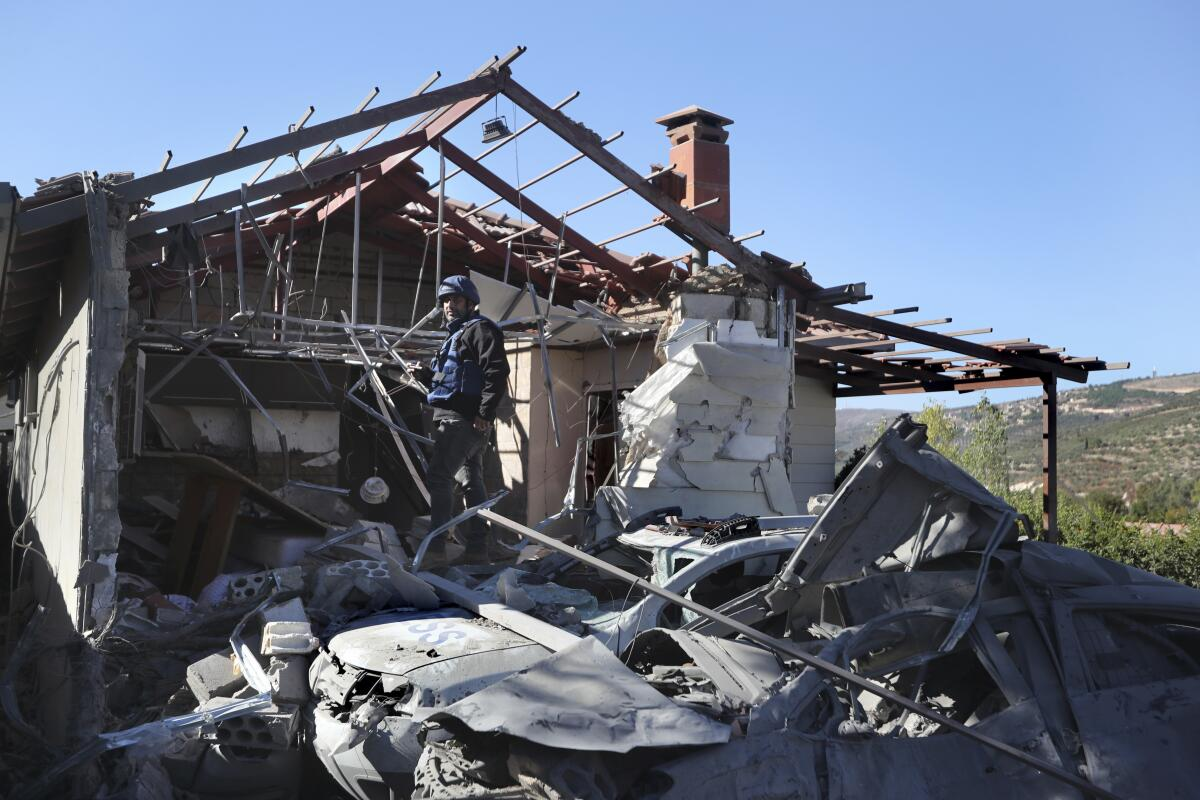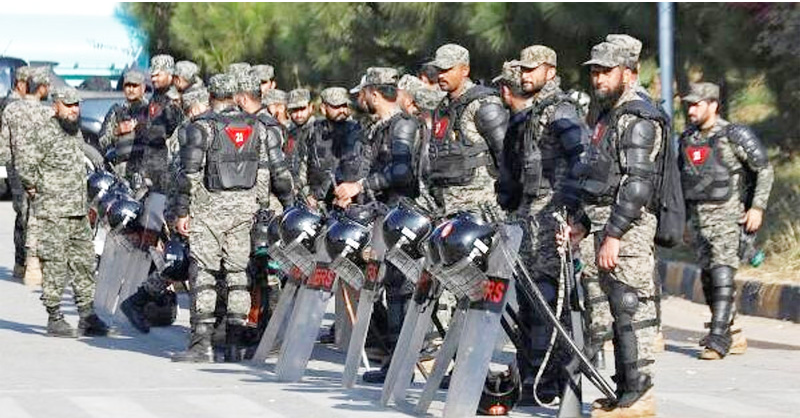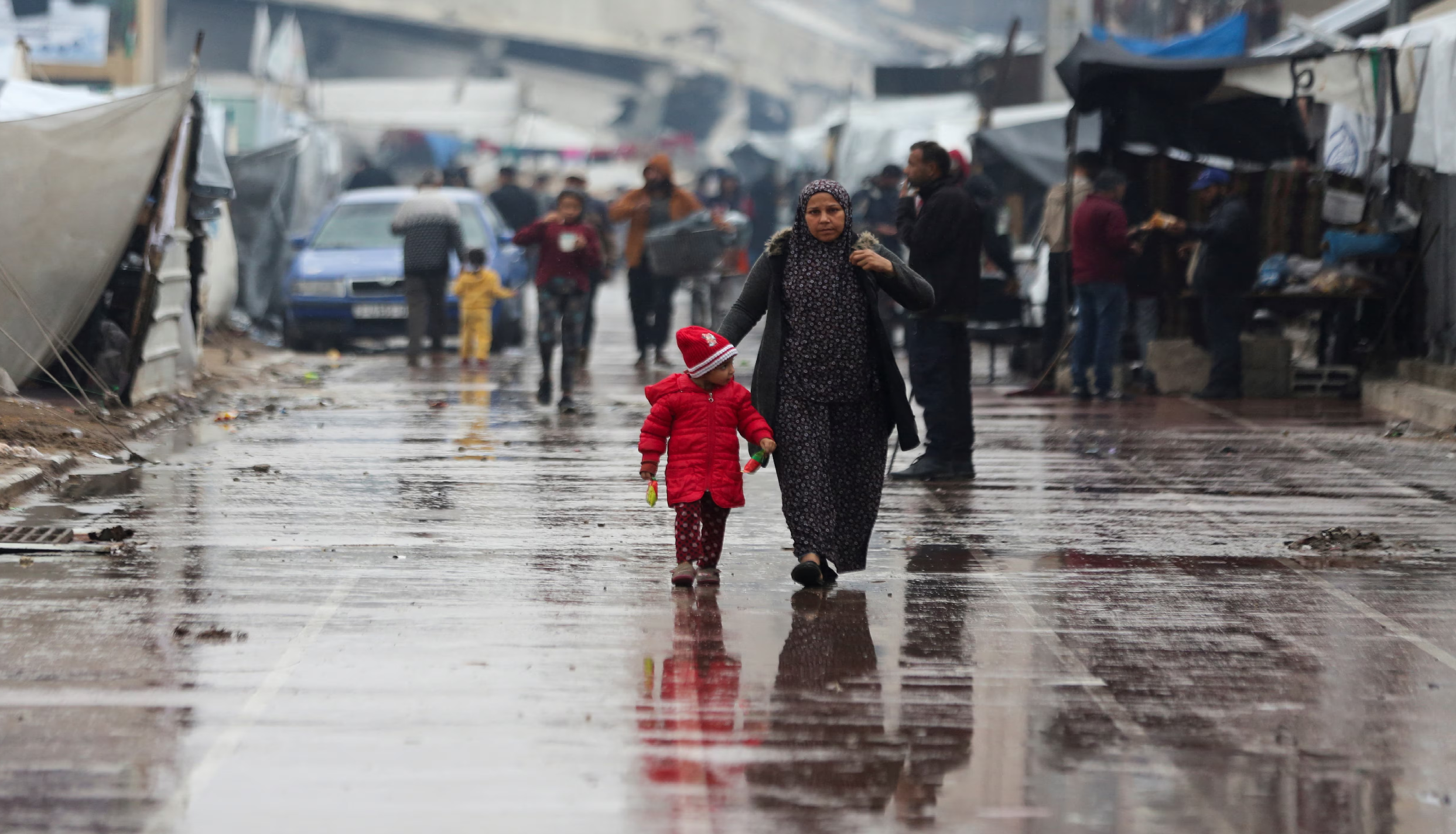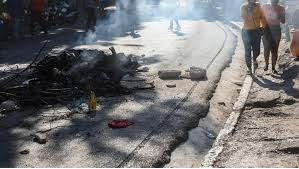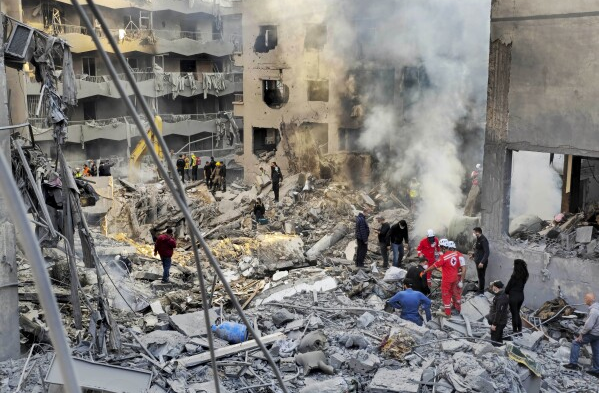
Top Russian diplomat warns Ukraine against provoking WWIII
Kyiv, Ukraine: Russia’s top diplomat warned Ukraine against provoking World War III and said the threat of a nuclear conflict should not be underestimated as his country unleashed attacks against rail and fuel installations far from the front lines of Moscow’s new eastern offensive.
The US, meanwhile, moved Monday to rush more weaponry to Ukraine and said the assistance from Western allies is making a difference in the 2-monthold war.
Russia is failing. Ukraine is succeeding, US Secretary of State Antony Blinken declared, a day after he and the US secretary of defence made a bold visit to Kyiv to meet with President Volodymyr Zelenskyy.
Blinken said Washington approved a $165 million sale of ammunition nonUS ammo, mainly if not entirely for Ukraine’s Soviet-era weapons and will also provide more than $300 million in financing to buy more supplies.
US Defense Secretary Lloyd Austin took his comments further, saying that while the US wants to see Ukraine remain a sovereign, democratic country, it also wants “to see Russia weakened to the point where it can’t do things like invade Ukraine.
Austin’s remarks appeared to represent a shift in broader US strategic goals. Previously, the US position had been that the goal of American military aid was to help Ukraine win and to defend Ukraine’s NATO neighbours against Russian threats.
In an apparent response to Austin, Russian Foreign Minister Sergei Lavrov said Russia has a feeling that the West wants Ukraine to continue to fight and, as it seems to them, wear out, exhaust the Russian army and the Russian military industrial war complex.
This is an illusion. He said weapons supplied by Western countries will be a legitimate target,” adding that Russian forces had already targeted weapons warehouses in western Ukraine.
Lavrov accused Ukrainian leaders of provoking Russia by asking NATO to become involved in the conflict, and he said NATO has effectively “entered into a war with Russia through proxies and is arming those proxies. Everyone is reciting incantations that in no case can we allow World War III, he said in a wide-ranging interview on Russian television.
By providing weapons, NATO forces are pouring oil on the fire, Lavrov said, according to a transcript on the Russian Foreign Ministry’s website. Regarding the possibility of a nuclear confrontation, Lavrov said: I would not want to see these risks artificially inflated now, when the risks are rather significant. The danger is serious,” he said.
“It is real. It should not be underestimated. Ukrainian Foreign Minister Dmytro Kuleba said on Twitter that Lavrov’s comments underscore Ukraine’s need for Western help: Russia loses last hope to scare the world off supporting Ukraine.
Thus the talk of a real’ danger of WWIII. This only means Moscow senses defeat in Ukraine.” When Russia invaded Ukraine on February 24, its apparent goal was the lightning capture of Kyiv, the capital. But the Ukrainians, with the help of Western weapons, thwarted the push and forced President Vladimir Putin’s troops to retreat. Moscow now says its goal is to take the Donbas, the mostly Russianspeaking industrial region in eastern Ukraine.
While both sides say the campaign in the east is underway, Russia has yet to mount an all-out ground offensive and has not achieved any major breakthroughs. On Monday, Russia focused its firepower elsewhere, with missiles and warplanes striking far behind the front lines in a bid to thwart Ukrainian efforts to marshal supplies for the fight.
Five railroad stations in central and western Ukraine were hit, and one worker was killed, said Oleksandr Kamyshin, head of Ukraine’s state railway. The bombardment included a missile attack near Lviv, the western city close to the Polish border that has been swelled by Ukrainians fleeing the fighting elsewhere around the country.
Ukrainian authorities said at least five people were killed by Russian strikes in the central Vynnytsia region. Russia also destroyed an oil refinery in Kremenchuk, in central Ukraine, along with fuel depots there, Russian Defense Ministry spokesman Maj. Gen. Igor Konashenkov said. In all, Russian warplanes destroyed 56 Ukrainian targets, he said.
Philip Breedlove, a retired US general who was NATO’s top commander from 2013 to 2016, said the latest strikes against fuel depots are part of a strategy to deplete key Ukrainian war resources. The strikes against rail targets, on the other hand, are a newer tactic, he said.
I think they’re doing it for the legitimate reason of trying to interdict the flow of supplies to the front, he said. The illegitimate reason is they know people are trying to leave the country, and this is just another intimidat
 English daily published in Bengaluru & Doha
English daily published in Bengaluru & Doha

